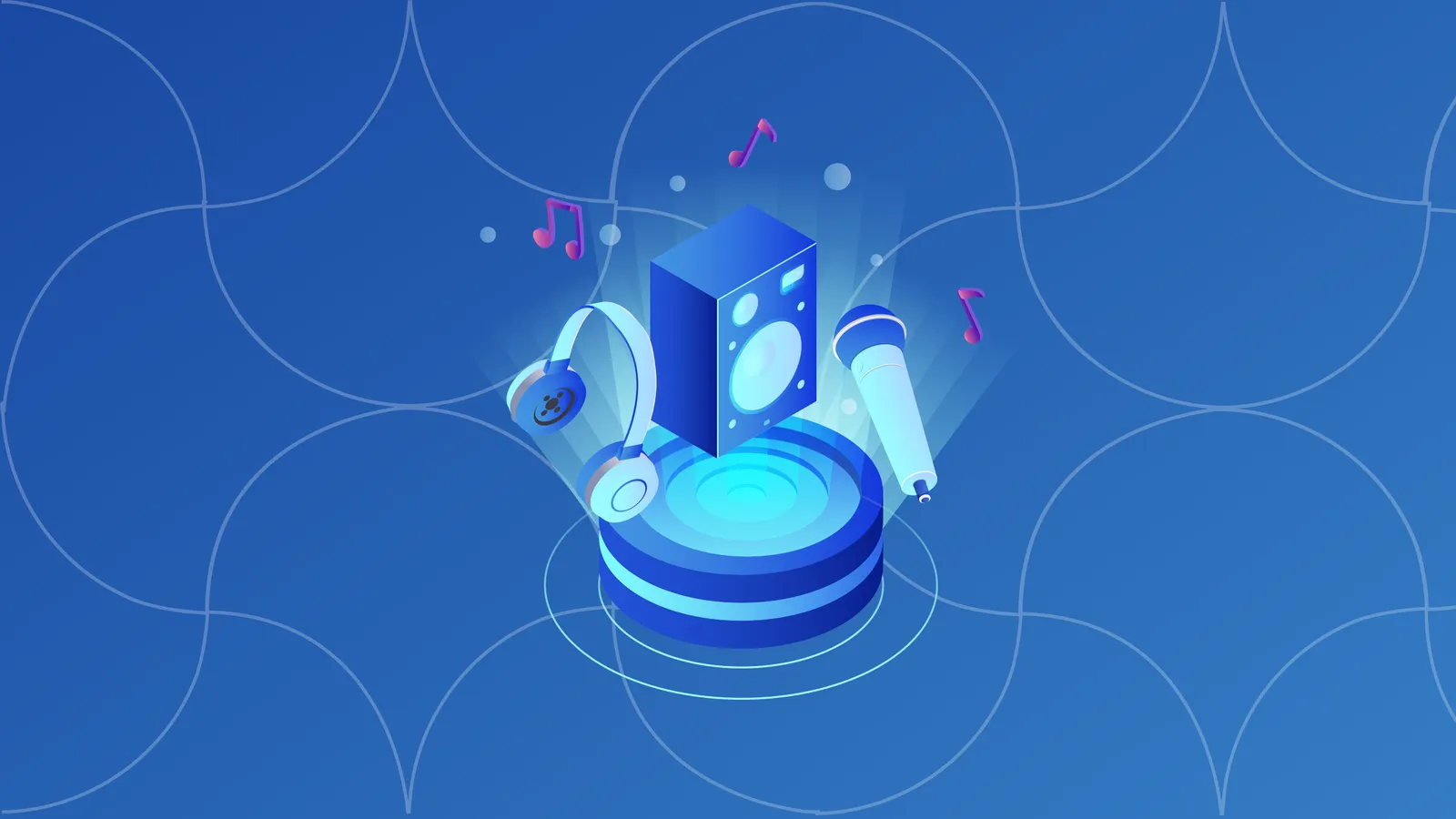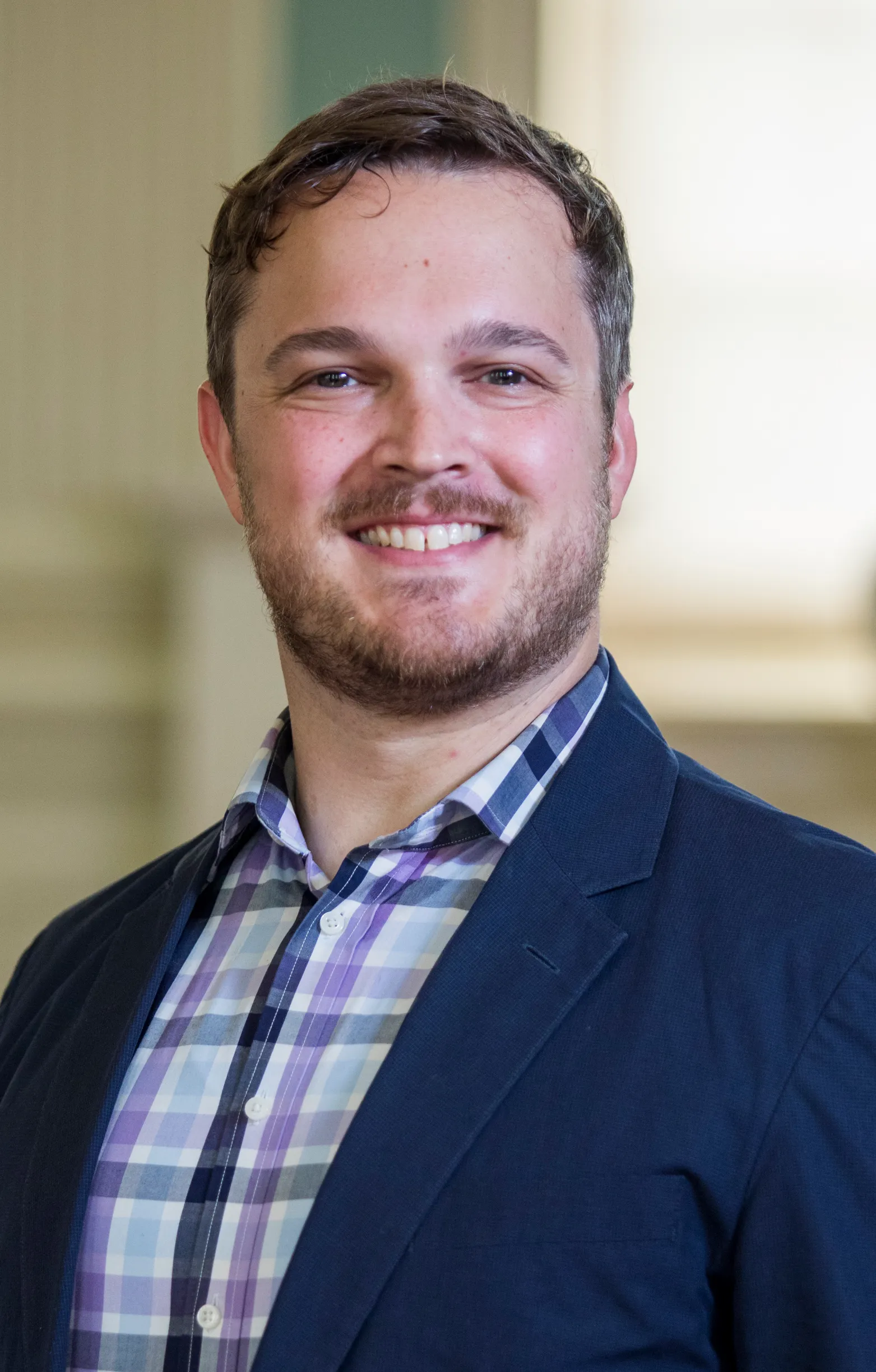Get a free on-chain NFT certificate by taking our new course, Getting Started with AI and Music! Decrypt will cover the gas for the first 50,000 mints.
Artificial intelligence (AI) has touched a host of different industries and art forms, and music is no exception. AI is already capable of creating endless songs for use as background or soundtrack music. It can complete a symphony by Beethoven or produce a brand new track by a bygone group like the Beatles. Generative AI in the music business could be worth $2.6 billion by 2032, by some predictions.
One of the areas of music in which AI’s influence is particularly strong is pop music. Indeed, the use of AI in generating pop hits is so pervasive already that the Grammys have announced that it will allow songs produced using AI to be included in consideration for the prestigious award. And with new tools like Meta’s MusicGen, which can generate audio recordings based on text prompts alone, the process of creating AI-based music is easier than ever, even for non-musicians.
Some argue that AI—or at least technology which could in some way be seen as a precursor to AI—has had a hand in popular music for decades already. You could point to artists like Cher and T-Pain who have used the computer program Auto-Tune to enhance their voices in popular songs, for example. These and other artists have already produced songs that necessarily required technology in order to sound the way they did. Indeed, some 60% of recording artists are already using AI in the process of creating their music, according to one study.
Still, there are some very complicated situations to consider when it comes to the relationship of AI, the music industry, and musicians themselves, not the least of which is who should be paid for music produced in tandem between people and computers. The complex nature of this situation has led some famous musicians to speak out about AI, both in support and as critics. Here are some of the most well-known musicians who have made their views about AI clear.
Grimes
Canadian electronic pop artist Grimes (also well-known for being Elon Musk’s one-time girlfriend) is perhaps the celebrity musician who is most outspoken about her support for AI. This past spring, she launched an AI tool called Elf.Tech, designed to allow users to make a recording of their own voices and then transform it into Grimes’ voice.
The artist even went so far as to say that she would divide royalties evenly between herself and anyone who makes a hit song using the software (and her voice). She said she would allow creators of all kinds to use her voice without any penalty in an effort to “open [source] all art and [kill] copyright.”
Despite Grimes’ vocal—no pun intended—encouragement of generative AI in music production, her own relationship with the technology has not been without some hiccups. When her AI-based Twitter bot, “GrimesAI,” tweeted that “confessing to a murder in a tweet would be such a cool move,” the real-life Grimes criticized the bot for being “insane and problematic.” Further, Grimes’ AI protocol to replicate her voice has, as of early August 2023, failed to produce any substantive pop hits, although several hundred songs created with the system have been produced for distribution.
Drake
Early in 2023, a TikTok creator with the handle Ghostwriter977 did achieve brief but significant success with an AI-generated song. “Heart on My Sleeve,” purportedly featuring Drake and The Weeknd (but really using replications of their voices made with AI tools), was released in early April and garnered hundreds of thousands of views across different streaming platforms in just days. However, Universal Music Group, the parent company of the record label of the two real-life artists, quickly stepped in to shut down the song and attempt to stymie future efforts to create, with AI, songs “featuring” its artists. Still, other versions of covers and original songs using Drake’s voice and generated with AI tools have proliferated.
Drake has not spoken at length about the incident, but a social media post the artist made later in April—in response to another song featuring his voice—suggests that he is not a fan. The Canadian musician wrote that the cover of a song by the rapper Ice Spice is “the final straw.”
Weezer
Weezer’s Rivers Cuomo has developed a reputation for his unorthodox approach to songwriting, including his calculated use of drugs in the writing process for some of his songs. So it’s perhaps no surprise to fans that he would experiment with AI. Still, Cuomo and his bandmates have not gone as far as an artist like Grimes at this point. Instead, they are embracing a type of music-making that more equally combines the efforts of human artists with AI tools to support. In late 2022, he announced that Weezer was releasing a new song. He also said that he had tasked a generative AI program with devising lyrics based on the same song title. He shared both and suggested that fans guess which was which.
Pharrell Williams
Mega-producer, singer, and rapper Pharrell Williams has embodied yet another approach to what many see as the coming tidal wave of AI in music: acceptance. Without outright condemning AI in music, Pharrell recently suggested that it might be futile to try to push back against AI developments in the industry. “It’s human nature,” he said about the technological development, adding that “there’s not much you can do, so buckle up.”
Early Adopters: Toro y Moi and Arca
Some musicians adopted AI technology—or at least experimented with it openly—years ago. This list includes the singer/songwriter/producer Toro y Moi, who partnered with the startup Endel and bottled-water brand Glaceau Smartwater to create four AI-based tracks of soundscape music back in 2019. Venezuelan-Spanish musician Arca used an AI tool called Bronze to create 100 different remixes of her track “Riquiquí” for release on an album in 2020. More recently, the artist has generated multi-media visual works using AI as well.
Shawn Everett
Some major figures in the music industry who operate behind the scenes in the recording studio have also spoken out about AI’s benefits and drawbacks. Shawn Everett is not necessarily a household name, but the Grammy-winning producer has worked with artists including Adele, Kasey Musgraves, Alvvays, and the War on Drugs. Everett has voiced admiration for the possibilities that AI opens up in music production, saying “we’re on the cusp of a wave of something that I don’t think we’ve really seen, maybe ever.” Still, he’s cautious. He told Pitchfork that a scenario in which plugins for audio software could perfectly mimic the sounds of particular artists and their instruments is “horrifying…for a lot of people.”
Cheat Sheet
- Artificial intelligence (AI) is a powerful tool in the music business, capable of generating endless soundscapes, of completing Beethoven symphonies and Beatles songs, and of mimicking artist voices, among many other things.
- The generative AI in music market is expected to reach $2.6 billion by 2032.
- Artists have used technology to adapt their recordings for decades, including popular works by Cher, T-Pain, and many others that make use of the famous software Auto-Tune. An estimated 60% of recording artists have already used AI technology in creating works.
- Still, famous musicians have a variety of feelings and perspectives regarding AI, ranging from full support to outright hate.
- Grimes, the Canadian electro-pop artist, is one of the most supportive: she has released an AI tool allowing creators to mimic her voice and promises to divide royalties on any songs generated with the system 50/50. Still, she has an AI Twitter bot that she has called “problematic.”
- Drake, known in the AI-music world for the song “Heart on My Sleeve” that was created by an anonymous artist using vocals by Drake and The Weeknd, is not a fan of AI in music, judging by social media posts.
- Artists like Pharrell Williams and Shawn Everett have spoken out about the inevitability of AI’s role in music, essentially telling other artists to buckle up and prepare for their worlds to turn upside down.
- Some artists, like Toro y Moi and the Venezuelan-Spanish artist Arca, embraced AI even before the recent craze and are seen as early adopters.


